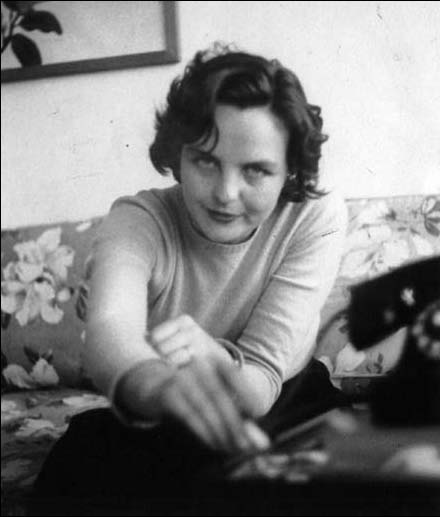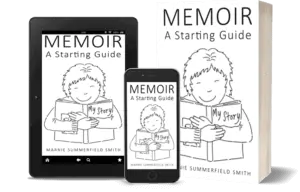Is your own life so boring that you need to know what other people get up to?
Wouldn’t you be better off living your life rather than reading about someone else’s?
Of course not. Humans are curious by nature and are especially curious about what other humans get up to. You can read about other people’s lives and still have your own. But asking this question has led me to ponder how I choose the memoirs I read. Time is precious and I don’t want to waste my time on muppets. The Muppets maybe, but not muppets.
I can’t remember how I came to be interested in The Mitfords, an aristocratic English family of six daughters and one son. Possibly I read about about fashion icon and heiress Daphne Guinness, who is often referred to in her status as grandaughter of Diana Mitford and was lured to read more. The six Mitford sisters in whom I am mainly interested were, or are (one remains alive, Deborah or Debo, born in 1920) extraordinary. One sister married Sir Oswald Mosley, another was infatuated with Hitler and a third – Jessica, or Decca – was a socialist and ran away to the Spanish Civil War.
All of these very different choices require a great deal of conviction, I think. Confidence in one’s own decisions, regardless of the ethics and I think that’s what I find interesting about the Mitfords.
The memoir I have just read is called Hons and Rebels and is by Decca Mitford, the fifth sister (pictured above, courtesy of LeslieBrodybook.com). It’s very well-written, written as Decca speaks I imagine, and goes into great detail about the upbringing of the Mitford children with their parents Muv and Farve, their staff and governesses. It does answer some of the questions I had about how the Mitfords grew up to be so Mitford-esque. Mainly, I think that isolated boredom and aristocratic brains are a potent mix. The Mitfords, imaginative and curious, influenced by their desperation to escape Swinbrook and rattled by their combative father, went on to live hugely dramatic lives. Diana, Nancy (a novelist), Unity, Debo and Decca in particular. Their family motto could have been, ‘To hell with consequences’.
Of course there’s more to the Mitfords than I could ever understand or blog about. They were and are real people, not cartoon characters. Decca does a good job of painting them all sympathetically but honestly showing the devotion and division that existed between her and her siblings.
As well as because of their aristocratic poise (different from my own Whitstabubblian poise), their life in 20s and 30s England (a fascinating time) and startling life choices, I was drawn to the Mitfords and this memoir because their lives couldn’t be further from my own.
If you’re interested in Evolutionary Psychology – the science of how our behaviour is connected to our evolution – then you might know that curiosity is supposed to be linked to intelligence. The more curious we are, the more intelligent we become.
So it’s good to be curious. It’s good to read memoirs.
And it was great to learn a lot more about the Mitfords.
How do you choose who you read about? I’d love to know…

